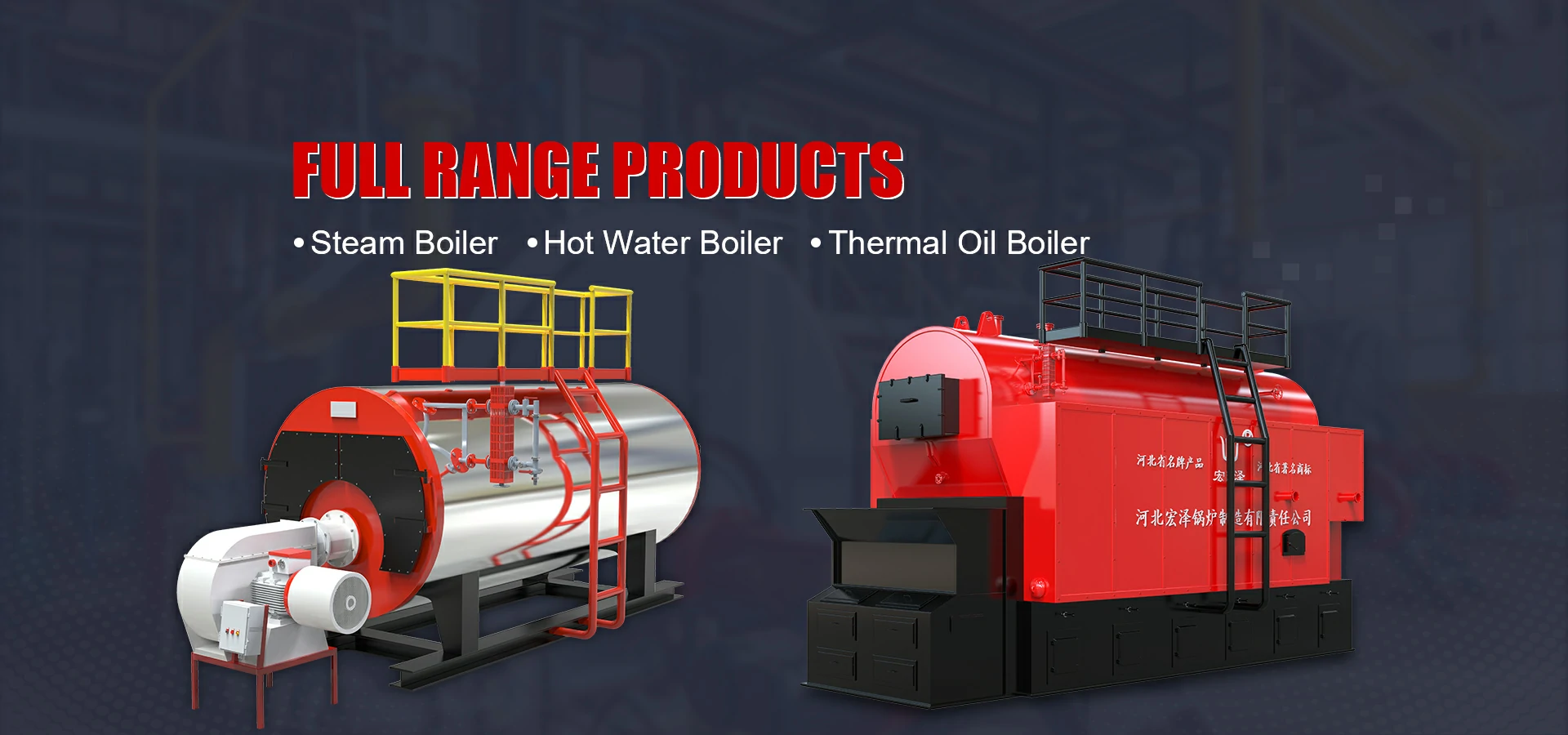
Noy . 21, 2024 00:02 Back to list
thermal oil boiler
Understanding Thermal Oil Boilers Efficiency and Applications
Thermal oil boilers, also known as thermal fluid heaters, are vital components in various industrial processes that require high-temperature heating. Unlike conventional water boilers that utilize steam as a heat transfer medium, thermal oil boilers circulate a specialized thermal fluid, allowing them to achieve higher temperatures at lower pressures. This unique characteristic makes them ideal for operations where precise temperature control and safety are paramount.
How Thermal Oil Boilers Work
At the core of a thermal oil boiler system is the heating element, which can be powered by multiple energy sources, including gas, oil, coal, or electricity. The system heats the thermal oil circulating through the boiler and then transfers that heat to the end-use application, whether that be in chemical processing, food production, plastics manufacturing, or other fields requiring temperature-sensitive processes.
The thermal oil used in these boilers can withstand high temperatures, typically up to 300°C (about 572°F) or more, without undergoing pressure build-up. Because these systems operate at lower pressures than steam boilers, they provide additional safety benefits; the risk of explosion is substantially reduced. This capacity for high-performance, low-pressure operation makes thermal oil boilers particularly sought after in the food and beverage industry, where precise cooking temperatures must be maintained.
Advantages of Thermal Oil Boilers
1. High Efficiency Thermal oil boilers generally possess higher thermal efficiency than traditional steam boilers. The ability to operate at high temperatures without high pressure reduces energy consumption and enhances the overall system efficiency.
2. Versatility The use of thermal oil allows for a broad range of applications. Industries such as chemical, textile, rubber, and even renewable energy can benefit from the versatile heating solutions that thermal oil boilers provide.
3. Temperature Control The precise temperature control offered by thermal oil systems enables manufacturers to optimize their processes. This control is essential for applications that require specific heating profiles to achieve desired product qualities.
4. Safety The reduced pressure operation of thermal oil boilers minimizes risks associated with high-pressure steam systems. Comprehensive safety features, including expansion tanks and temperature sensors, further enhance system safety.
thermal oil boiler

5. Longevity and Reliability Thermal oil boilers are designed for long operational lifespans and can operate continuously under challenging conditions. The materials used in construction are typically resistant to corrosion and wear, contributing to extended service intervals.
Applications of Thermal Oil Boilers
Thermal oil boilers are extensively used in industries where consistent, high-temperature heating is crucial. Some notable applications include
- Chemical Processing Many chemical reactions require meticulous temperature management; thermal oil boilers provide the capacity to maintain precise temperatures over extended periods.
- Food Processing The food industry often demands specific heat applications such as drying, frying, and confectionery processes. Thermal oil systems ensure that products are cooked to perfection while maintaining safety standards.
- Plastics Manufacturing In the production of plastics, consistent temperatures are essential for molding and extrusion processes.
- Textiles The textile industry uses thermal oil heating for dyeing and finishing processes, crucial for achieving high-quality fabric products.
Conclusion
In summary, thermal oil boilers represent an efficient, versatile, and safe option for various heating applications across multiple industries. Businesses looking to enhance their operational efficiency should consider the benefits that thermal oil systems offer, from energy savings to improved product quality. As technology progresses and industries continue to evolve, thermal oil boilers will undoubtedly remain integral to achieving optimal industrial performance.
-
High-Efficiency Commercial Oil Fired Steam Boiler for Industry
NewsJul.30,2025
-
High-Efficiency Biomass Fired Thermal Oil Boiler Solutions
NewsJul.30,2025
-
High Efficiency Gas Fired Thermal Oil Boiler for Industrial Heating
NewsJul.29,2025
-
High-Efficiency Gas Fired Hot Water Boiler for Sale – Reliable & Affordable
NewsJul.29,2025
-
High Efficiency Biomass Fired Hot Water Boiler for Industrial and Commercial Use
NewsJul.29,2025
-
High-Efficiency Biomass Fired Hot Water Boiler for Industrial Use
NewsJul.28,2025
Related PRODUCTS






















